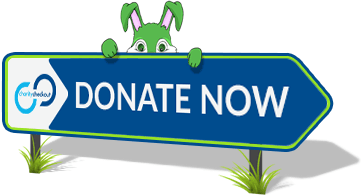Code: Select all
[Title 47, Volume 5]
[Revised as of October 1, 2005]
From the U.S. Government Printing Office via GPO Access
[CITE: 47CFR95.412]
[Page 530-531]
TITLE 47--TELECOMMUNICATION
COMMISSION (CONTINUED)
PART 95_PERSONAL RADIO SERVICES--Table of Contents
Subpart D_Citizens Band (CB) Radio Service
Sec. 95.412 (CB Rule 12) What communications may be transmitted?
(a) You may use your CB station to transmit two-way plain language
communications. Two-way plain language communications are communications
without codes or coded messages. Operating signals such as ``ten codes''
are not considered codes or coded messages. You may transmit two-way
plain language communications only to other CB stations, to units of
your own CB station or to authorized government stations on CB
frequencies about--
[[Page 531]]
(1) Your personal or business activities or those of members of your
immediate family living in your household;
(2) Emergencies (see CB Rule 18, Sec. 95.418);
(3) Traveler assistance (see CB Rule 18, Sec. 95.418); or
(4) Civil defense activities in connection with official tests or
drills conducted by, or actual emergencies announced by, the civil
defense agency with authority over the area in which your station is
located.
(b) You may use your CB station to transmit a tone signal only when
the signal is used to make contact or to continue communications.
(Examples of circuits using these signals are tone operated squelch and
selective calling circuits.) If the signal is an audible tone, it must
last no longer than 15 seconds at one time. If the signal is a
subaudible tone, it may be transmitted continuously only as long as you
are talking.
(c) You may use your CB station to transmit one-way communications
(messages which are not intended to establish communications between two
or more particular CB stations) only for emergency communications,
traveler assistance, brief tests (radio checks) or voice paging.




